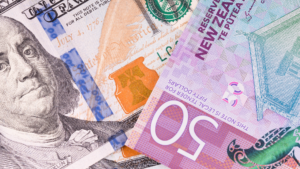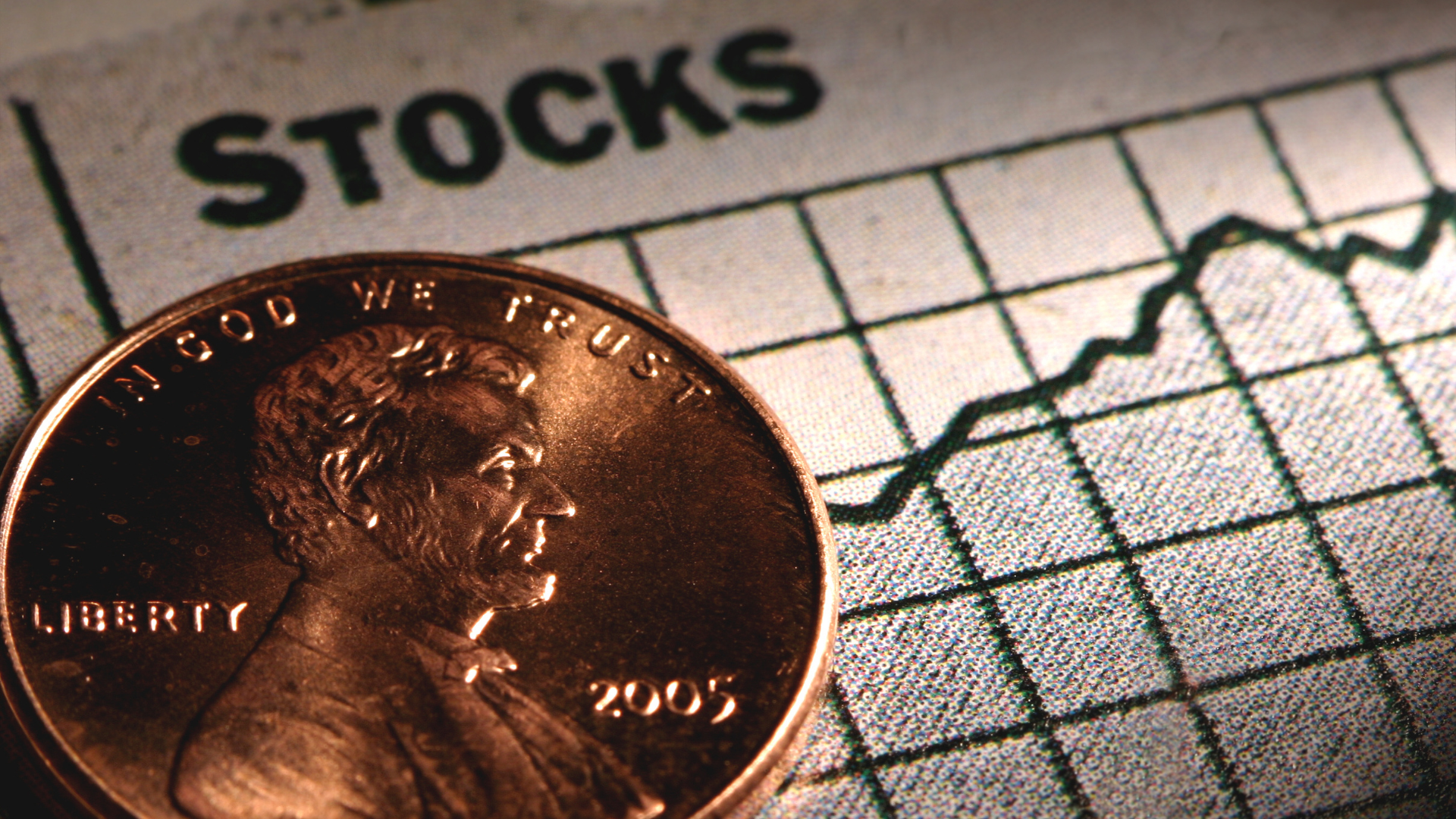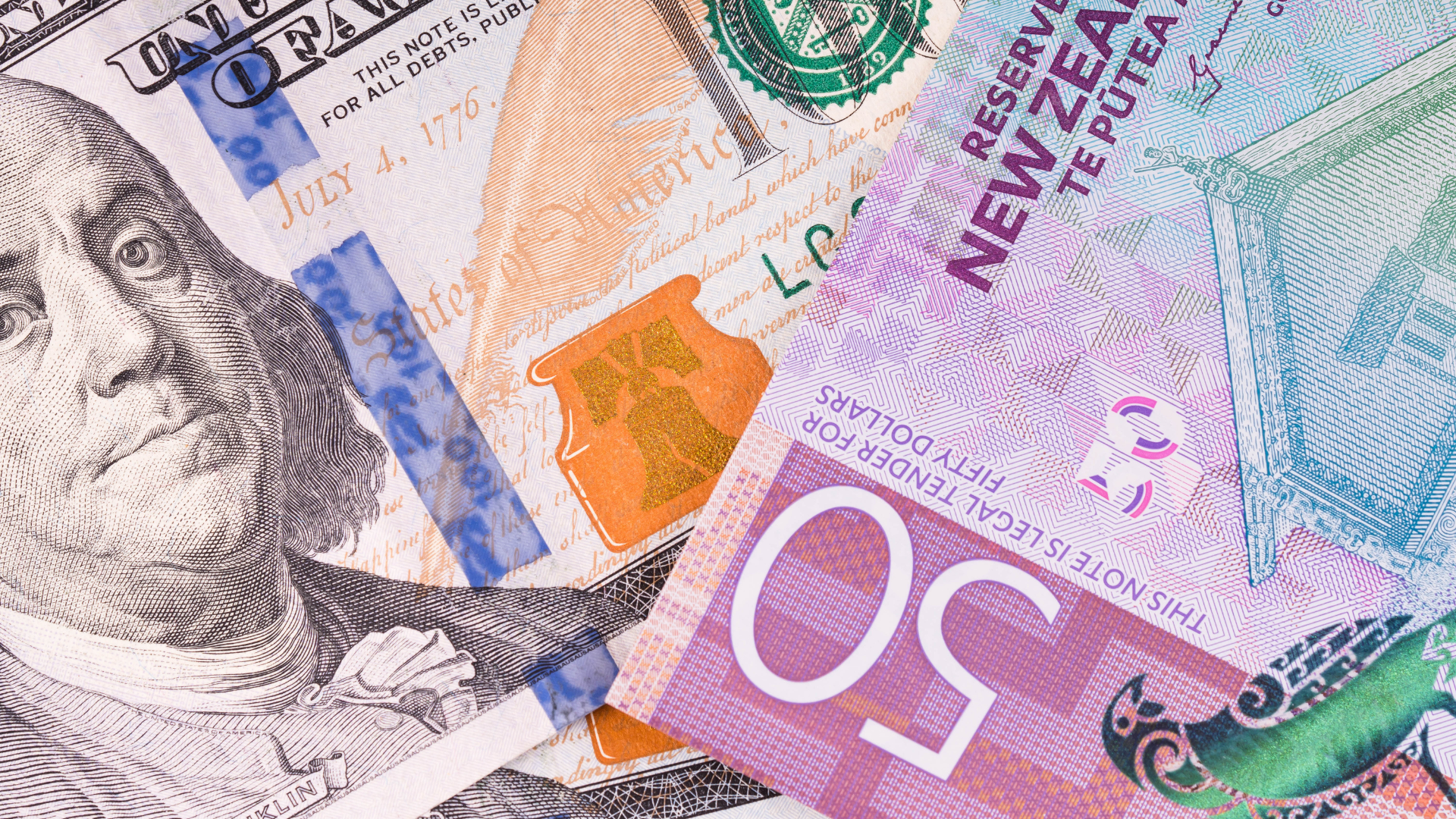Japan’s government official, Akira Akazawa, highlighted the complex effects of the weakening yen on the economy, acknowledging that the currency’s depreciation is having both positive and negative consequences. Speaking on Thursday, Akazawa emphasized that while the weaker yen boosts export competitiveness, it also puts pressure on consumers and businesses reliant on imports.
The yen’s sharp decline against the U.S. dollar has led to higher costs for imported goods, exacerbating inflationary pressures for households already facing rising energy and food prices. This has raised concerns about reduced consumer purchasing power and potential slowdowns in domestic consumption, a key driver of Japan’s economic growth.
At the same time, the weaker yen has provided relief to Japan’s export-heavy industries, particularly manufacturers, as their goods become cheaper and more attractive in global markets. However, Akazawa cautioned that this benefit may not be enough to offset the broader challenges posed by higher import costs and rising inflation.
Policymakers in Japan are now grappling with the dual challenges of managing currency fluctuations while ensuring that inflation remains under control. Akazawa’s remarks reflect the delicate balance Japan must strike between capitalizing on export gains and mitigating the negative impact on its domestic economy.






















